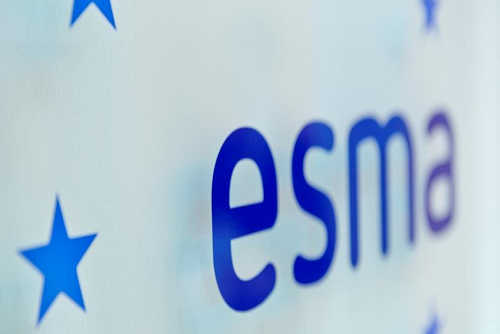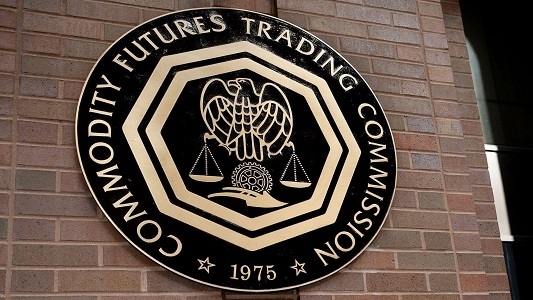Insufficient time, inconsistent implementation main SFTR threats – Esma

A lack of preparation time and inconsistent implementation are the two biggest threats which could hamper the introduction of securities finance reporting rules, according to European market regulator Esma.
Speaking this week in London, Nikolay Arnaudov, a senior policy officer at the watchdog, said that some market participants believe there is insufficient time to prepare for the reporting regime.
He also warned that inconsistent implementation could pose problems to data quality.
SFTR, short for Securities Financing Transactions Regulation, is Europe’s way of enhancing the transparency of securities financing markets - stock loans, repos and margin lending.
The reporting aspect is set to enter into force in the first half of 2019.
“We are still waiting for the endorsement by the Commission,” Paris-based Arnaudov told Global Investor on Friday.
“As it goes, it does not look very likely that it will happen next week. All documents endorsed by EC are subsequently published.”
Arnaudov, who has been with Esma since 2013, listed the regulator's key SFTR deliverables and milestones for 2018 in a presentation this week.
These include finalising the technical standards with the EC in the first half of this year as well as the trade repository validation rules for SFT reporting.
Draft guidelines on the calculation of named and sector positions in stock loans and repos will also be drawn up along with further Q&As and guidance.
Arnaudov also reiterated the expected uses of the data.
"The data will be used to monitor of risks to financial stability in the EU, particularly the build up of leverage, exposures and calculation of named and sector positions in SFTs and the interconnectedness of entities," he stated in his presentation.
Monitoring liquidity and maturity transformation, jurisdiction exposures and various collateral aspects, including reuse, were also noted.
Arnaudov added that the securities finance market has "close links" with the derivatives industry.
EMIR already mandates reporting of all derivatives to trade repositories.
Found this useful?
Take a complimentary trial of the FOW Marketing Intelligence Platform – the comprehensive source of news and analysis across the buy- and sell- side.
Gain access to:
- A single source of in-depth news, insight and analysis across Asset Management, Securities Finance, Custody, Fund Services and Derivatives
- Our interactive database, optimized to enable you to summarise data and build graphs outlining market activity
- Exclusive whitepapers, supplements and industry analysis curated and published by Futures & Options World
- Breaking news, daily and weekly alerts on the markets most relevant to you




